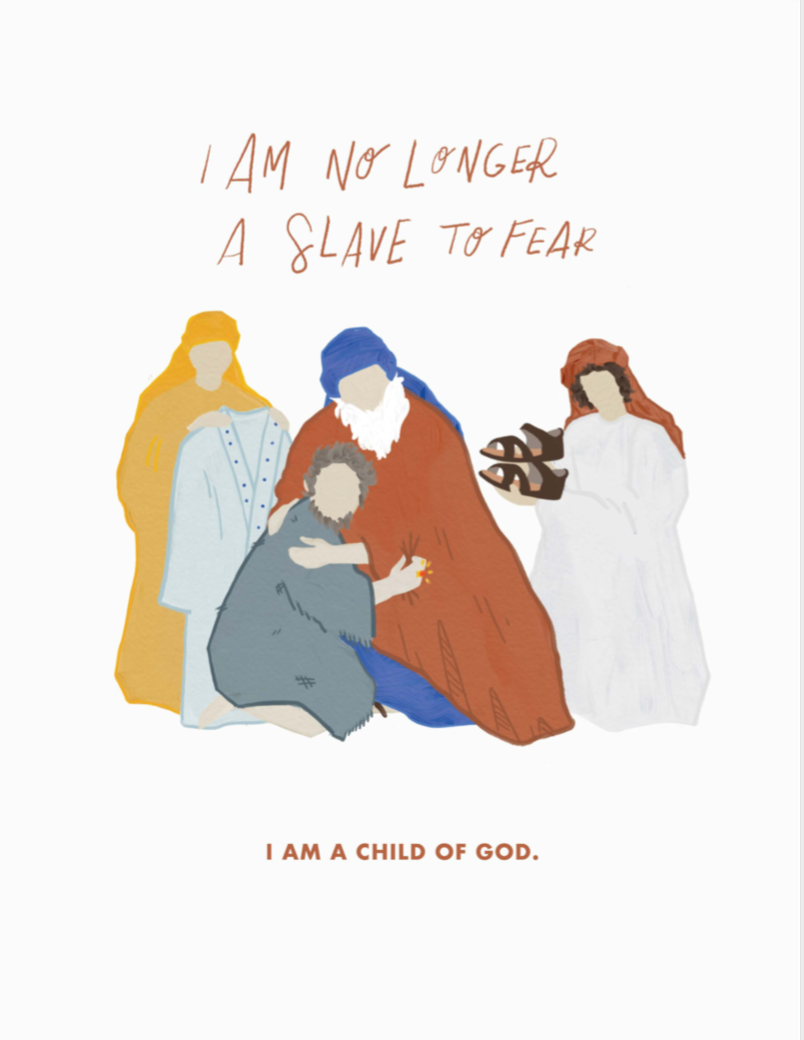Our Identity as the Returned Prodigal Child
You may be familiar with the story of the Prodigal Son, if not here’s a recap. There is a man who is living a comfortable life at home with his father. One day he decides that he would be better off on his own. He asks his dad for his inheritance early, then proceeds to blow all of the money on lavish living. He reaches an ultimate low and comes back home begging for mercy. Before he can even reach his dad and ask for forgiveness, his dad runs to him and embraces him. He not only welcomes him back home but starts to pull out gifts for him and throws a huge party to celebrate his return.
In one of Rembrandt’s famous paintings, he depicts this initial reunion. It’s a beautiful image of the great mercy, forgiveness, and reconciliation between father and son. Whenever I think of this story this image comes to mind. I can see myself in the son. Squandering the gifts I’ve been given and then returning time and again to God, my spouse, my friends, asking for forgiveness. I don’t deserve mercy, but I receive it over and over again. This is how I often picture myself, a victim of my failings, someone who should be ashamed.
The part of the story that I often overlook is the party afterward and what this represents. The Father doesn’t look at the son with pity but does his best to remind the son of his inherent dignity. He doesn’t punish him but exults him. He clothes him with the finest robe, he signifies his return to the family with a family ring and affirms his freedom with the gift of sandals. I rarely see myself as the son exulted, and affirmed in his identity, but I should. I am the daughter of the King. I am not a victim, but an ambassador of Christ. Through Christ’s suffering, I am redeemed. I was made for greatness, and there is nothing I could do that could take away this purpose. I was made to be a beacon of light in the world.
It’s important to recognize my failings, don’t get me wrong, but if I stay there and don’t remember what the Lord desires for me I miss the point. He did not die for me to wallow in my sinfulness. He died that I may live and live life abundantly.

